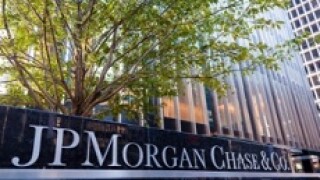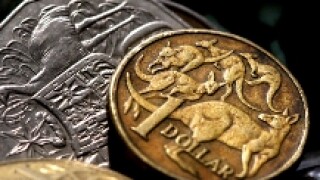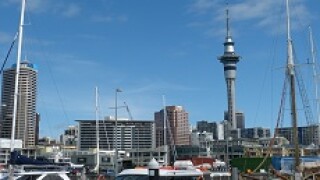ANZ
-
JP Morgan stormed straight out of earnings blackout with a benchmark trade immediately after kicking off Wall Street results season on July 14, and with rivals emerging from earnings blackout in the coming days, the rest of the month promises to be busy.
-
Hong Kong’s Regal Hotels International Holdings executed a swift dollar trade this week, getting in and out of the market in just three days. Despite being unrated and with few comparables offering guidance, the firm managed to slash pricing by 30bp and found plenty of support.
-
Singapore’s Olam International is seeking investors for a subordinated dollar perpetual non call five trade, opening books on Wednesday morning with initial guidance in the 5.5% area.
-
A $725m loan for Indonesia Eximbank that hit general syndication at the end of May has attracted commitments from 24 lenders.
-
Hong Kong-listed Regal Hotels International Holdings has mandated banks for a dollar-denominated offering, and is set to start investor meetings on Tuesday.
-
Hong Kong Telecommunications (HKT) stood out in what was a very crowded Thursday for the Asia ex-Japan dollar bond market, pricing the region’s tightest triple B rated 10 year bond.
-
The Asian debt market has followed up strongly on Bank of China’s successful $3bn green bond, with five deals launched on Thursday and more expected.
-
Two entities of China’s Chonqing municipality — the Nan’an district financing vehicle and the Chonqing Grain Group — have mandated banks for potential deals while Huai’an’s local government financing vehicle is also seeking a new bond.
-
KfW found enough demand to print a A$400m ($299.2m) tap of its January 2019 Kangaroo bond late last week, highlighting a remarkable return to stability for markets after the previous week's Brexit vote.
-
The UK’s shock decision to leave the European Union has left most of Asia reeling with the region’s major currencies and stock indices all coming under severe pressure. But if there is one country that can handle the negativity better than the others, it will be China.
-
Papua New Guinea has selected four banks for its maiden dollar bond and is set to meet investors in Europe and the US.
-
The World Bank this week eschewed core markets beset by volatility in favour of the Kauri market, tapping a 3.5% January 2021 line for a record-breaking NZ$875m ($615.1m).











